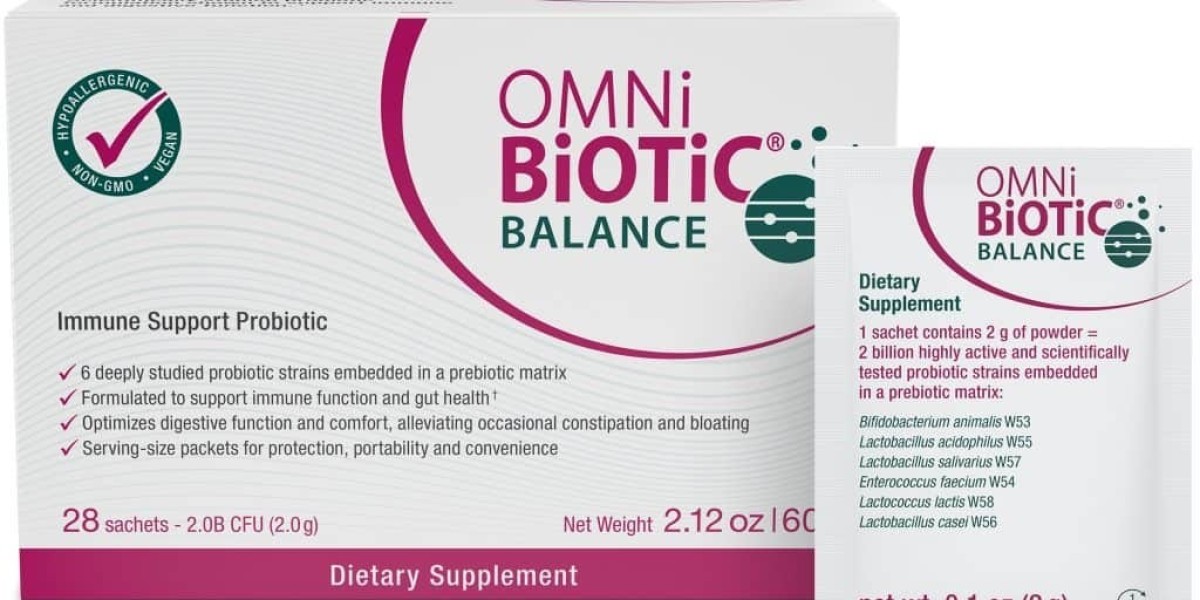Research shows that the best time to take a probiotic is first thing in the morning before breakfast or at night before bed. Probiotics are most effective when taken on an empty stomach. Taking probiotics at least 30 minutes before a meal reduces the time it takes for the good bacteria to reach your gut.
Probiotics are dietary supplements containing beneficial bacteria naturally found in your intestinal tract. Environmental factors like stress, processed foods, chemicals in water and food, pollution, radiation, and certain medications can negatively affect the diversity and number of good bacteria in your gut. Probiotic supplements aim to restore and maintain this balance, enhancing your digestive and overall health.
When you take your probiotic matters. Consistency is key, according to Breanna Woods, MS, RDN, a registered dietitian with Omni-Biotic USA. For optimal health benefits, it’s important to take your supplement daily and establish a routine to make it easier to remember.
Should You Take Probiotics on a Full or Empty Stomach?
Yes, timing does matter. Consistency is critical, but taking probiotics on an empty stomach increases their effectiveness. The bacteria in probiotics need to reach the small and large intestines, where they can provide benefits for digestion and immune support probiotics. However, they must first pass through the stomach, where a highly acidic environment could kill them if they linger too long.
To help probiotics survive the stomach acid and reach their destination faster, it’s recommended to take them on an empty stomach—ideally 2-3 hours after your last meal and 30 minutes before your next meal.
Our Recommended Probiotic: OMNi-BiOTiC® STRESS Release
Meal Composition Matters
What you eat plays a significant role in how quickly food and supplements pass through the stomach. Heavier meals require more digestion time, prolonging the probiotics' exposure to stomach acid. Even probiotics in acid-resistant capsules benefit from quicker passage through the stomach. Taking your probiotic before breakfast or after a light snack may improve effectiveness.
Stomach Acid and Probiotic Survival
Most healthy gut bacteria live in the small and large intestines, where the pH is more neutral. The stomach’s acidic environment, with a pH between 1.7 and 2.0, helps break down food and kill harmful bacteria. Unfortunately, prolonged exposure to this acidity can also harm beneficial bacteria. This is why timing probiotic intake carefully is essential to ensure the bacteria pass quickly through the stomach.
Different Strains Have Different Survival Rates
Some probiotic strains are more resilient to stomach acid than others, depending on the delivery method. High-quality probiotics, like those offered by OMNi-BiOTiC®, are designed to resist stomach acid. OMNi-BiOTiC® probiotics are formulated as powders mixed with water. This allows the bacteria to rehydrate and activate before encountering stomach acid, increasing their chances of survival.
Why You Shouldn’t Take Probiotics with a Heavy Meal
Taking probiotics immediately after a large meal subjects the bacteria to extended exposure to stomach acid. Food takes about 4-5 hours to pass through the stomach, which means the longer it stays, the more difficult it is for probiotics to survive.
Best Time to Take Probiotics: Morning or Night
The recommendation is to wait 2-3 hours after eating before taking probiotics, ideally in the morning before breakfast or at night before bed. This allows the probiotics to move quickly through the stomach and into the intestines. For those who eat an early dinner, taking probiotics at night can be especially effective.
Maximizing Probiotic Benefits
- Follow intake instructions for the best results.
- Store your probiotics properly; some may require refrigeration.
- Time your probiotic intake around meals for optimal survival through stomach acid.
- Choose a high-quality, multispecies probiotic tailored to your health needs.
- Select a probiotic designed for immune support, like those offered by OMNi-BiOTiC®, to benefit from its scientifically backed formulation.
Why OMNi-BiOTiC®?
OMNi-BiOTiC® specializes in developing probiotics tailored to specific health needs, backed by over 25 years of microbiome research. For example, OMNi-BiOTiC® STRESS Release is designed for those with leaky gut and irritable bowel syndrome. It has been clinically proven to improve gut health and provide immune support.
If you're looking for immune support probiotics, consider trying OMNi-BiOTiC® products, which have been formulated for maximum effectiveness and survival through the digestive tract. Learn more about our immune-supporting products here.
Conclusion: Best Time to Take Probiotics
Taking probiotics at the right time—preferably on an empty stomach—can significantly improve their effectiveness. Whether you choose to take them in the morning before breakfast or at night before bed, consistency is key. The high survival rate of OMNi-BiOTiC® probiotics, combined with their scientifically formulated design, ensures that more beneficial bacteria reach your intestines for maximum health benefits, including immune support.








